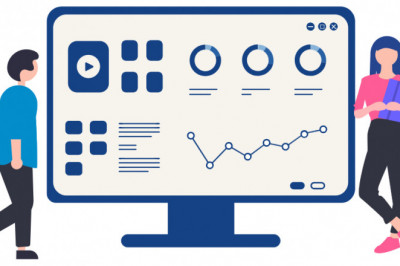1. Learn to trust your therapist. Even if this might be the first time that you will be talking to your therapist, it is important that every counselling session has trust and rapport in its foundation.
Having these two in your relationship with your therapist will allow you to confide in him or her easily and address your concerns smoothly.
2. Be prepared to open up and get emotional. Avoid being vague and speak up about anything that has been troubling you. Your therapist also wants you to be comfortable enough to express your feelings even if it entails crying or showing bursts of anger.
3. Reflect on your thoughts and behaviour. An effective therapy session involves you looking inward and self-assessing on how you’ve been reacting or handling different issues.
4. End each session with a plan. For the first counselling session, you and your therapist will most likely be touching a bit on what your goals are and what therapeutic management will be done. At each session though, ask your therapist if you have any homework or new coping mechanisms to try.
Don’t forget to also ask when the next session will be to check if there would be no conflict in your schedule.
5. Attend more than one session. Majority of the time of your first session will be spent on getting your background information and telling your therapist the reason why you are there.
It won’t usually be enough to have one session to address your issues so give it a few more tries and then see if counselling can really help you with your goals.














